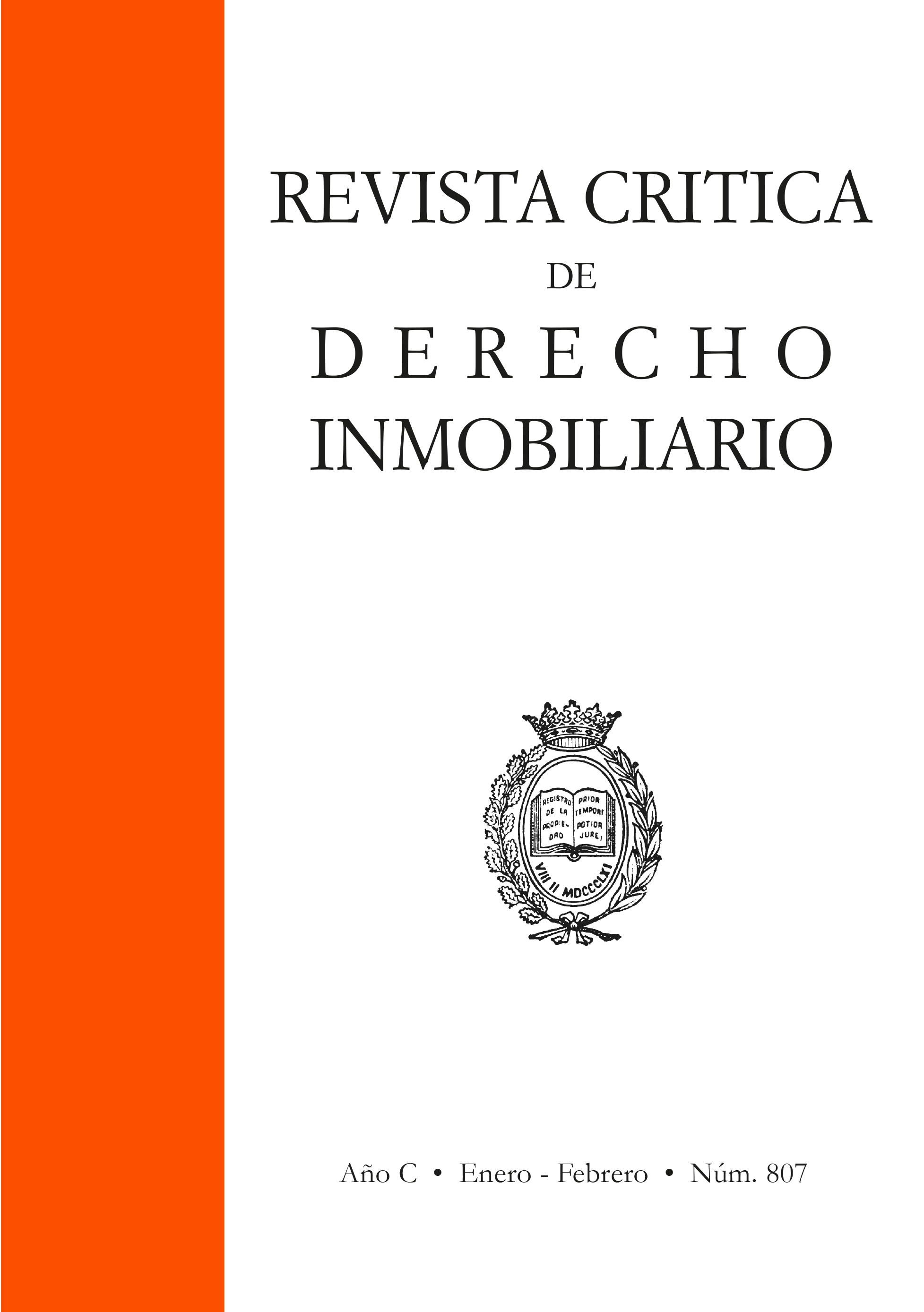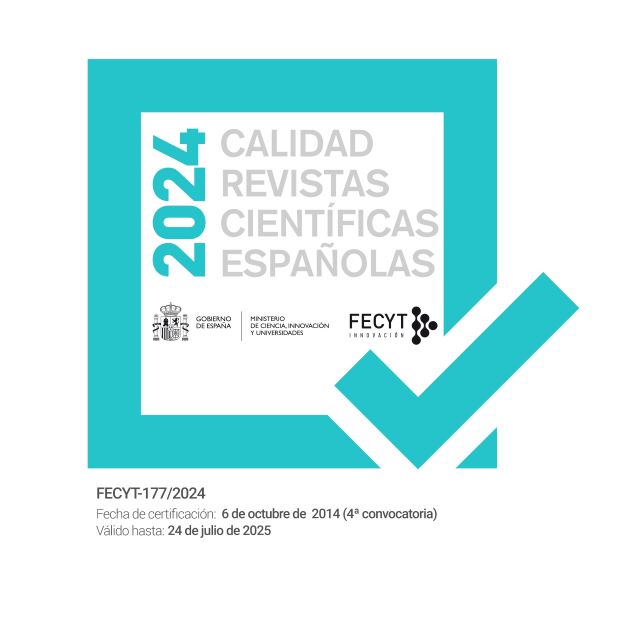The prohibition of tourist rentals in condominiums through jurisprudence
DOI:
https://doi.org/10.36151/rcdi.2025.807.09Keywords:
Tourist rentals, horizontal property statutes, prohibition, majority agreements, owners’ meeting, tourist activityAbstract
Tourist rentals in apartments within buildings governed by condominium ownership have been a continual source of conflict since they were classified as special leases outside the scope of the Urban Leases Law (LAU) (Art. 5). The disturbances that this type of rental arrangement causes for resident co-owners have led, since its inception, to efforts to limit or prohibit such rentals within condominium properties. The decision by the Homeowners’ Association to ban tourist rentals has sparked doctrinal and jurisprudential debate, even leading to legislative changes that, however, have not been subject to a uniform interpretation. The Supreme Court’s jurisprudence has progressively clarified how the law and prohibitive resolutions on this issue should be interpreted. Therefore, this work will analyze the judicial doctrine regarding the interpretation of Art. 17 of the Horizontal Property Law (LPH), which outlines the possibility of banning such rentals through an Association resolution. This analysis considers the recent sentences October 3, 2024 Supreme Court ruling, which endorses the position that such prohibitions may be validly adopted by agreement.
Downloads
Downloads
Published
Issue
Section
License
Copyright (c) 2025 Critical Review of Real Estate Law

This work is licensed under a Creative Commons Attribution-ShareAlike 4.0 International License.






